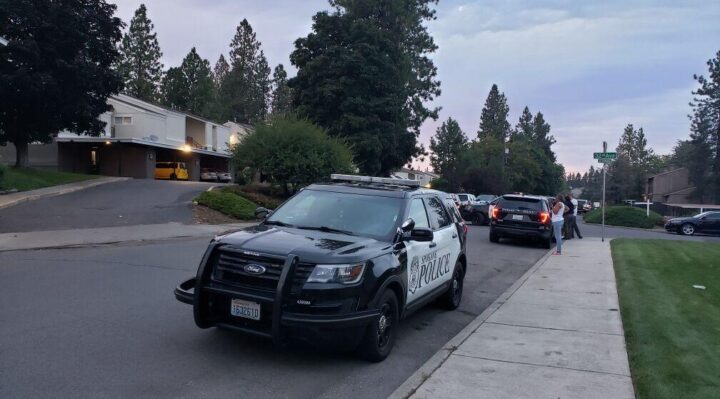Spokane Robbery

Spokane, Washington, a city nestled in the Pacific Northwest, has been facing a growing concern over the escalation of robbery incidents in recent years. The surge in these criminal activities has not only alarmed the local residents but has also caught the attention of law enforcement agencies, community leaders, and policymakers. To delve deeper into this disconcerting trend, it’s crucial to analyze the root causes, impacts on the community, and potential solutions to combat this issue.
Understanding the Rise in Spokane Robbery
Robbery, characterized by the unlawful taking of property from someone’s immediate possession by force or intimidation, has become a pressing issue in Spokane. Several factors contribute to this upsurge, ranging from socio-economic conditions to shifts in criminal behavior.
Socio-Economic Factors:
Economic Hardship:
Economic disparities and financial struggles faced by certain segments of the population often lead to desperation and resorting to crime as a means of survival.
Drug Addiction:
The opioid epidemic and substance abuse issues prevalent in Spokane contribute significantly to criminal activities, including robbery, as addicts may turn to theft to fund their habits.
Changing Dynamics in Criminal Behavior:
Organized Crime Networks:
Sophisticated criminal networks have expanded their operations into areas like Spokane, exploiting vulnerabilities and executing planned robbery schemes.
Technological Advancements:
The rise of cybercrime and technology-driven methods of committing robbery, such as online scams or identity theft, has widened the scope of criminal activities.
Impacts of Robbery on the Spokane Community
The ramifications of heightened robbery incidents extend beyond the immediate loss of property. The community experiences several adverse effects that affect its well-being and sense of security.
Psychological Impact:
Fear and Anxiety:
Residents feel unsafe and anxious about their safety, affecting their quality of life and mental well-being.
Trust Erosion:
Increased crime rates can lead to a breakdown of trust within communities, hindering social interactions and neighborhood cohesiveness.
Economic Consequences:
Financial Loss:
Victims of robbery suffer financial setbacks due to the loss of valuable possessions, impacting their economic stability.
Business Deterioration:
The prevalence of robbery can deter businesses from operating in affected areas, hampering economic growth and development.
Addressing the Issue:
To tackle the rising instances of robbery in Spokane, a multi-faceted approach involving various stakeholders is necessary.
Community Engagement and Support:
Neighborhood Watch Programs:
Encouraging community involvement in monitoring and reporting suspicious activities can deter criminals and foster a sense of collective responsibility.
Youth Outreach Programs:
Investing in programs that offer guidance and support to at-risk youth can prevent them from engaging in criminal activities.
Law Enforcement Measures:
Increased Police Presence:
Deploying more officers in vulnerable areas and utilizing proactive patrolling strategies can act as a deterrent to potential robbers.
Collaboration with Other Agencies:
Strengthening collaboration between law enforcement, government agencies, and community organizations can enhance the effectiveness of crime prevention efforts.
Addressing Socio-Economic Factors:
Support Services:
Providing access to mental health services, addiction treatment, and employment opportunities can address underlying socio-economic issues contributing to crime.
Education and Awareness:
Raising awareness about the consequences of robbery and educating the community about preventive measures can empower individuals to protect themselves.
Conclusion
The surge in robbery cases in Spokane presents a complex challenge that demands a comprehensive and collaborative response. By addressing the root causes, engaging the community, implementing effective law enforcement strategies, and providing support services, Spokane can strive towards a safer and more secure environment for its residents. It is through concerted efforts and a shared commitment from all stakeholders that meaningful progress in reducing robbery incidents and ensuring community safety can be achieved.






